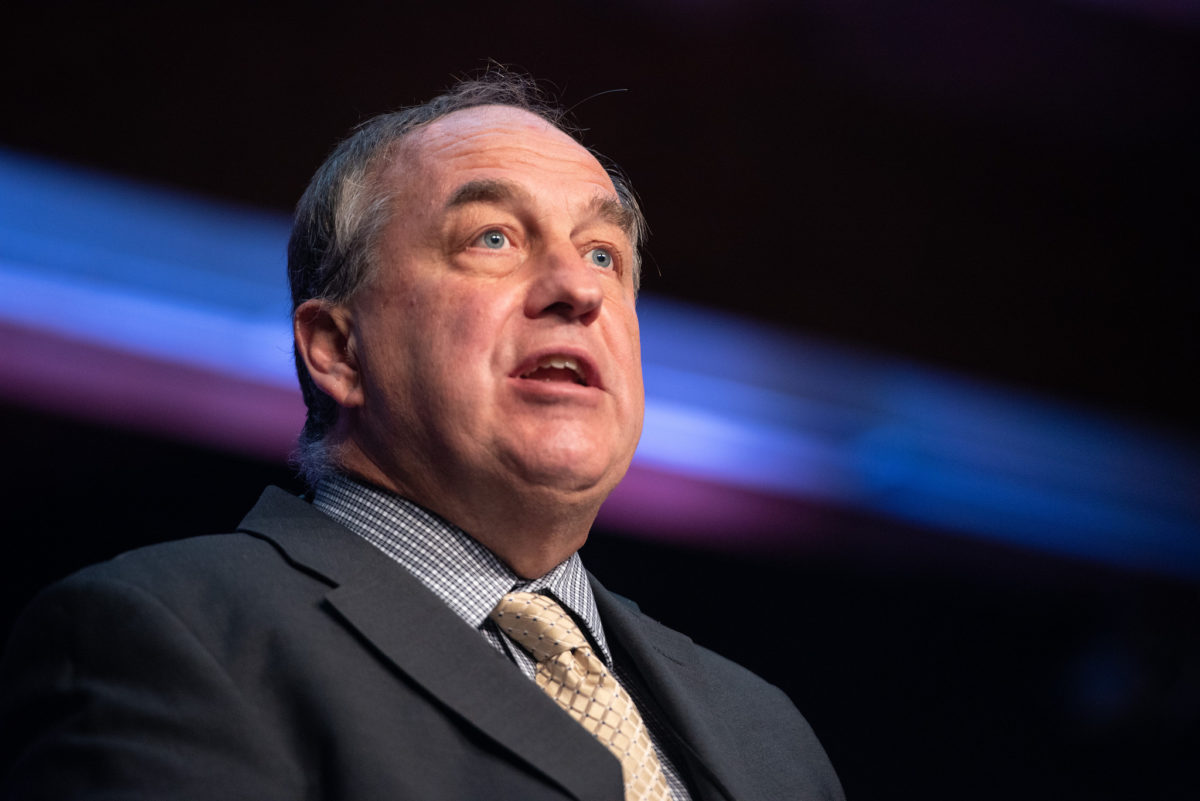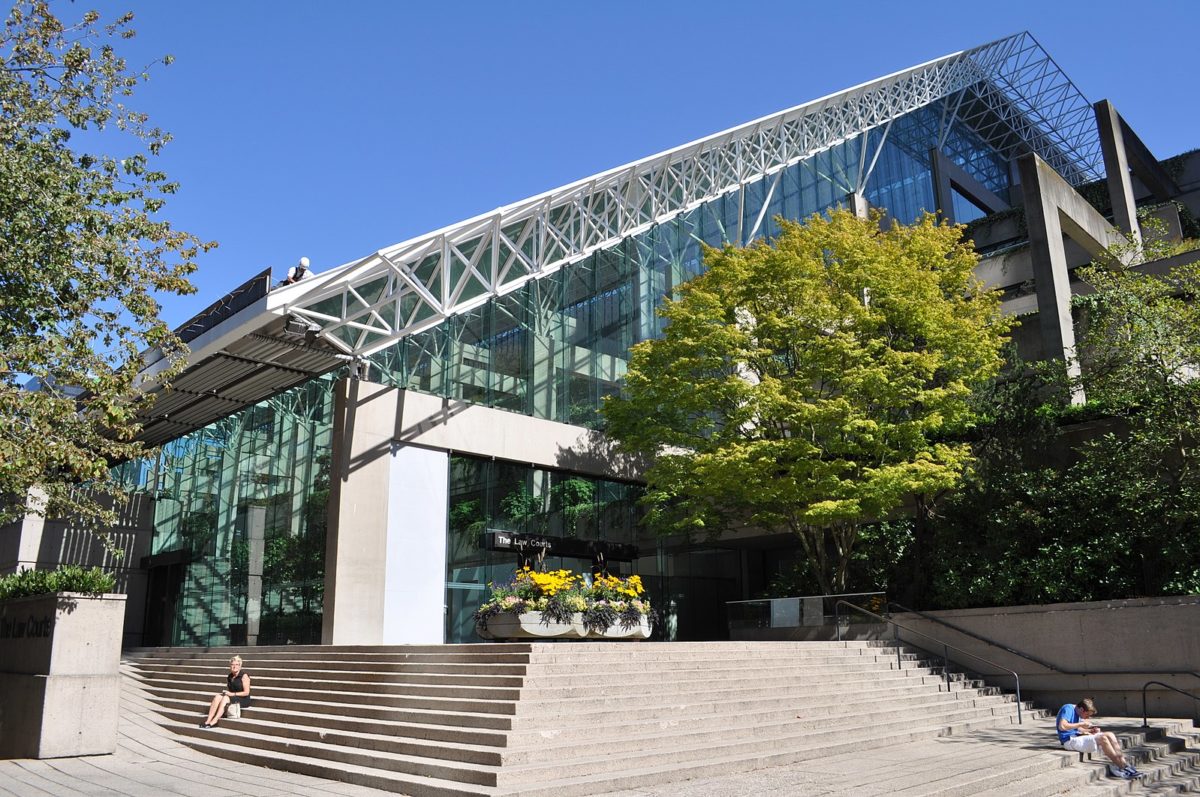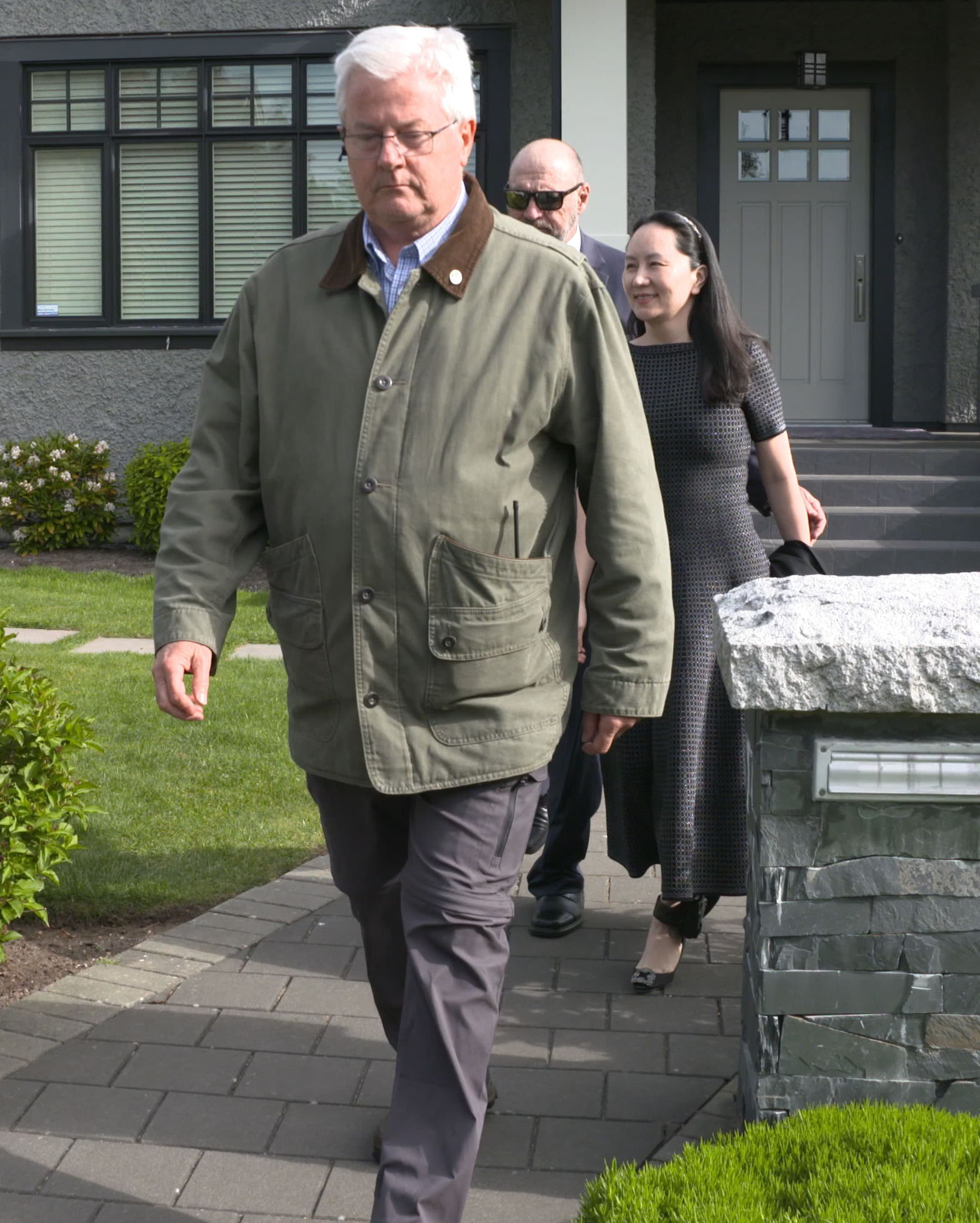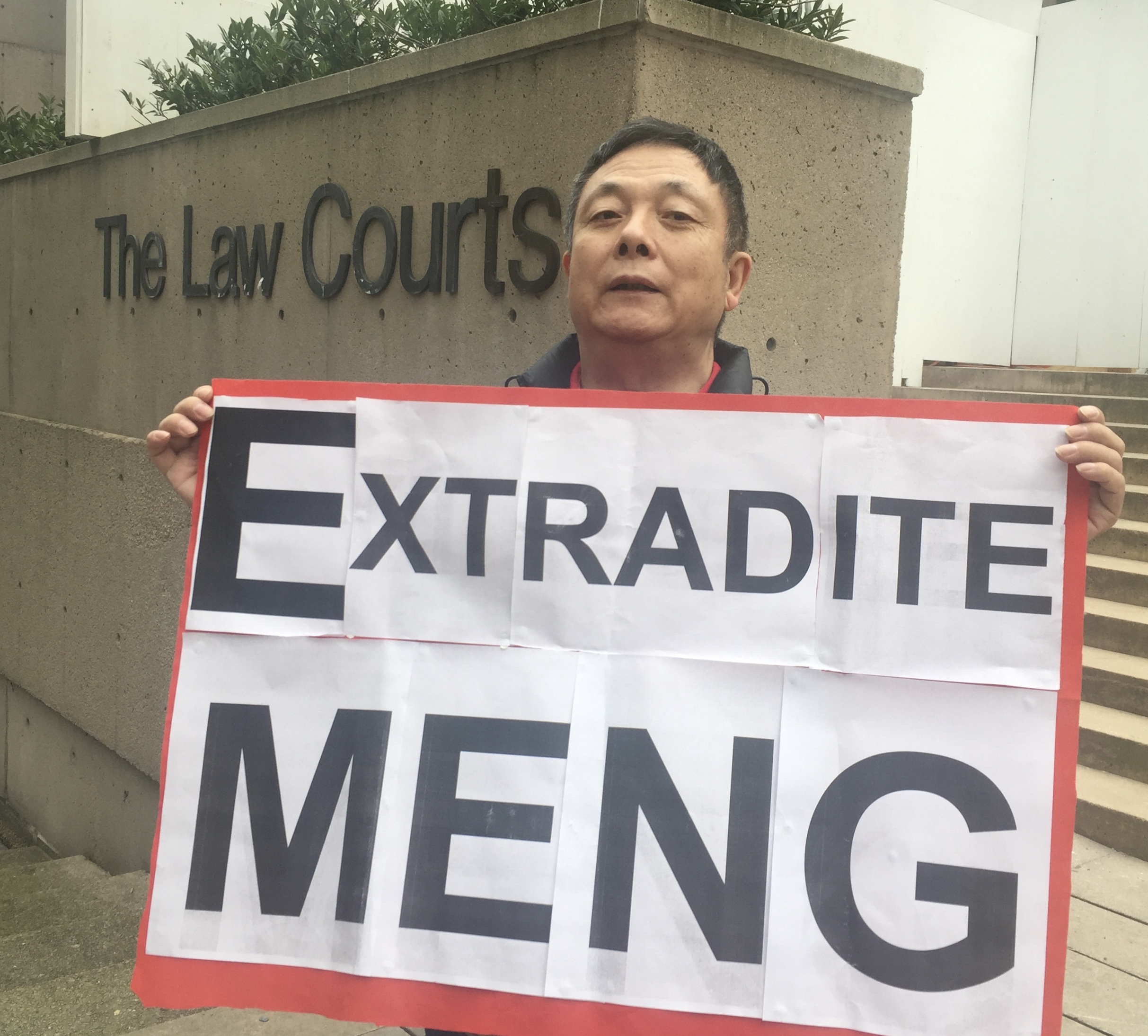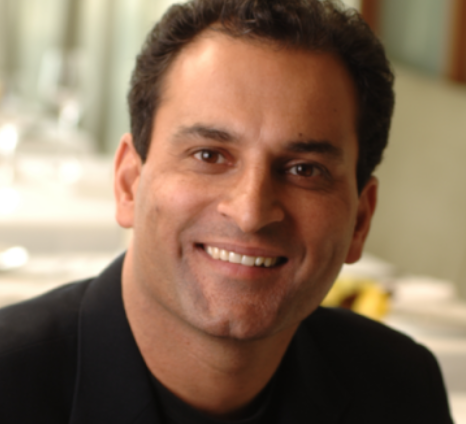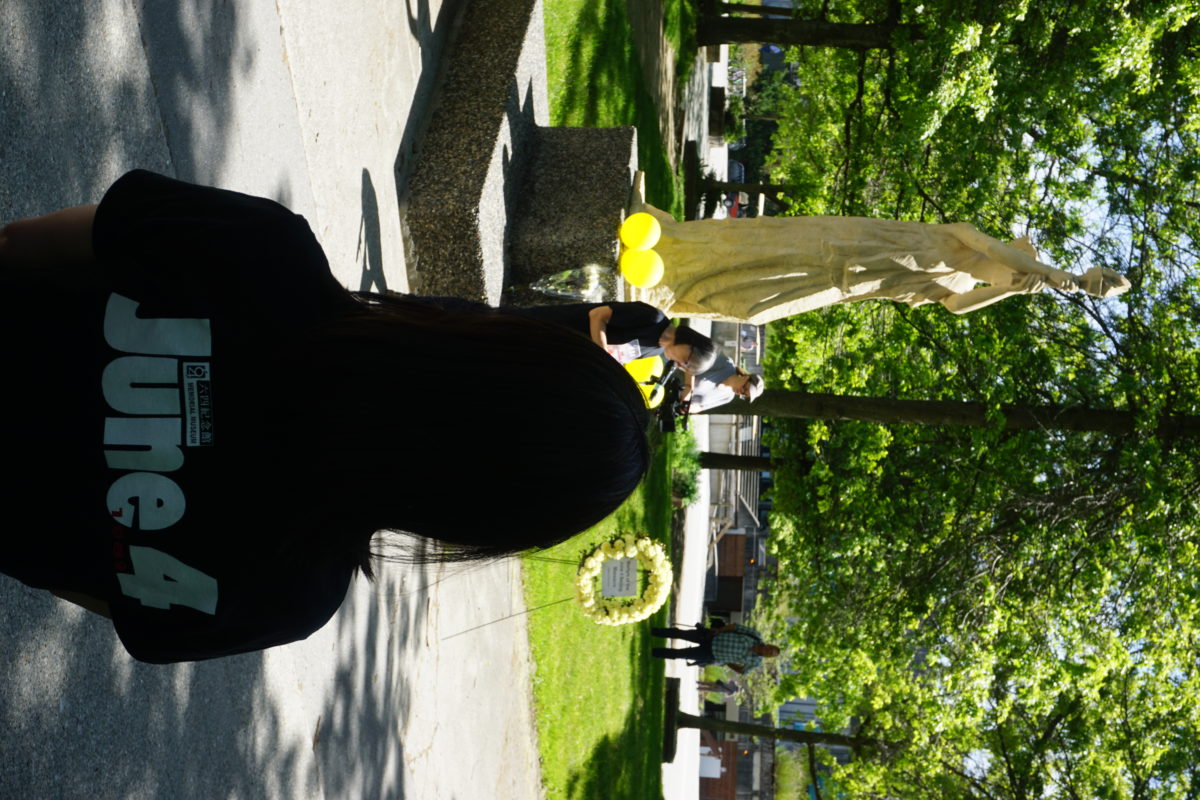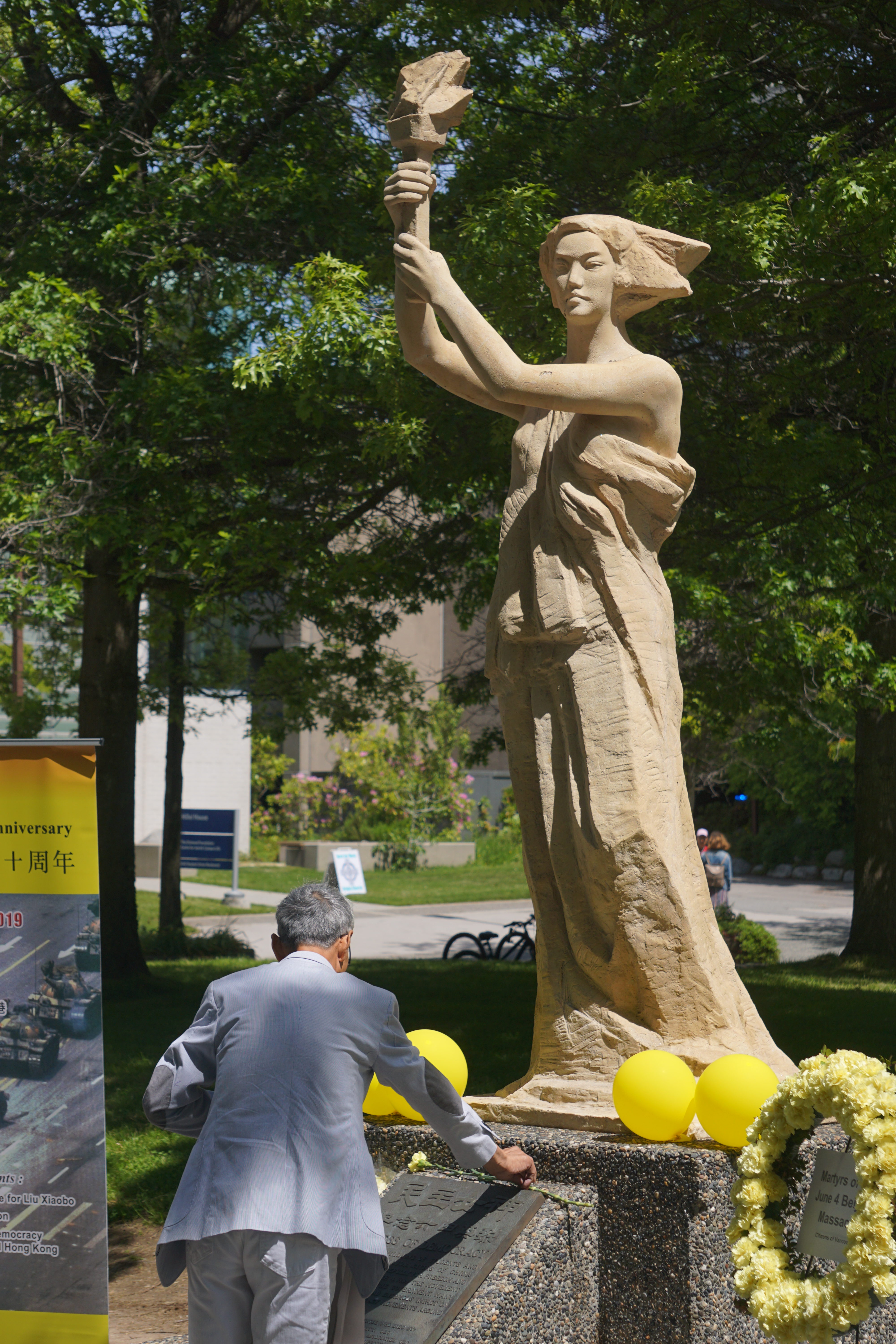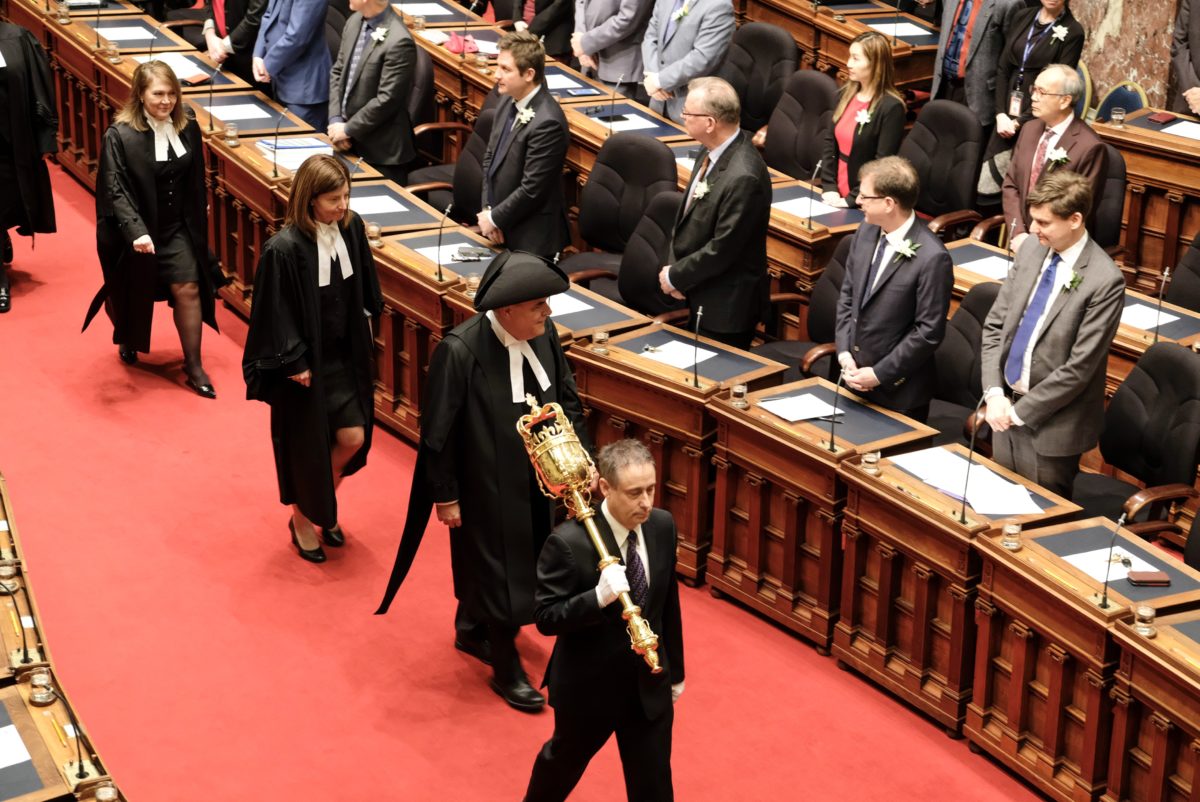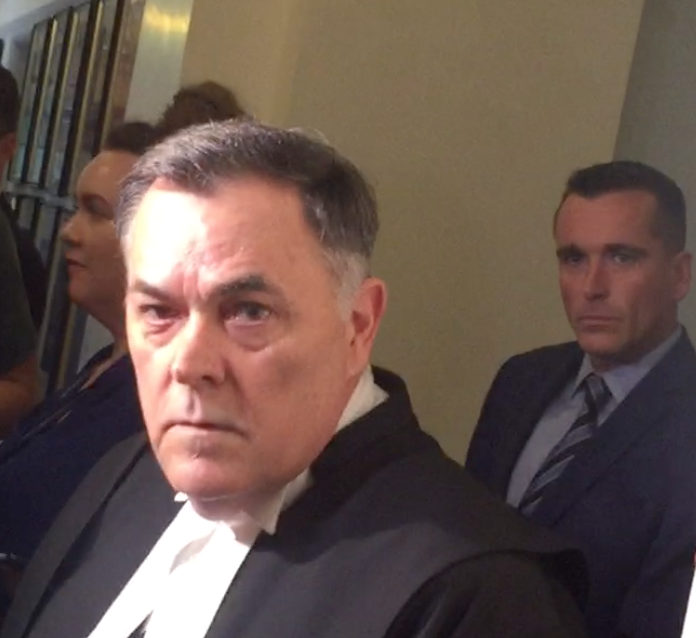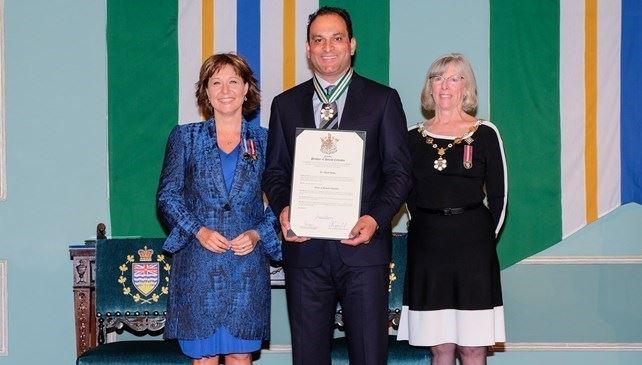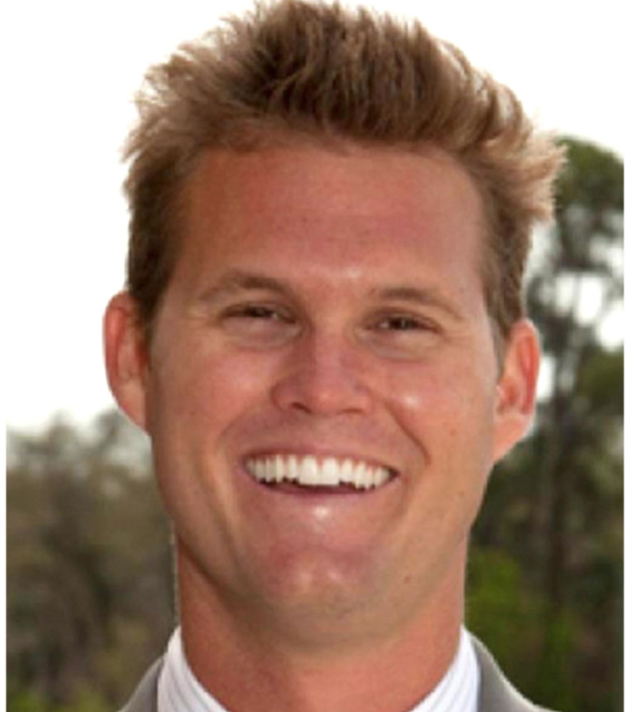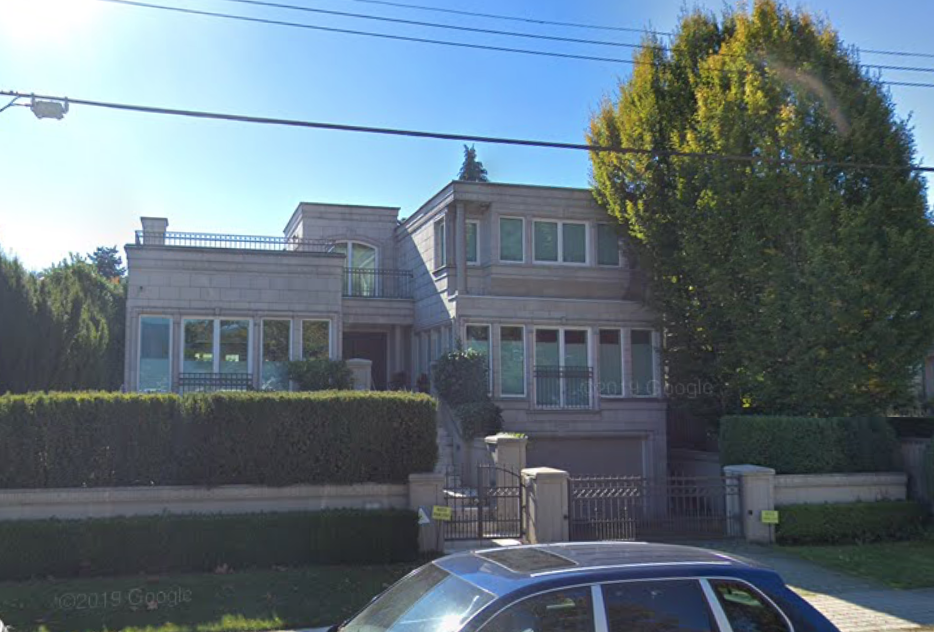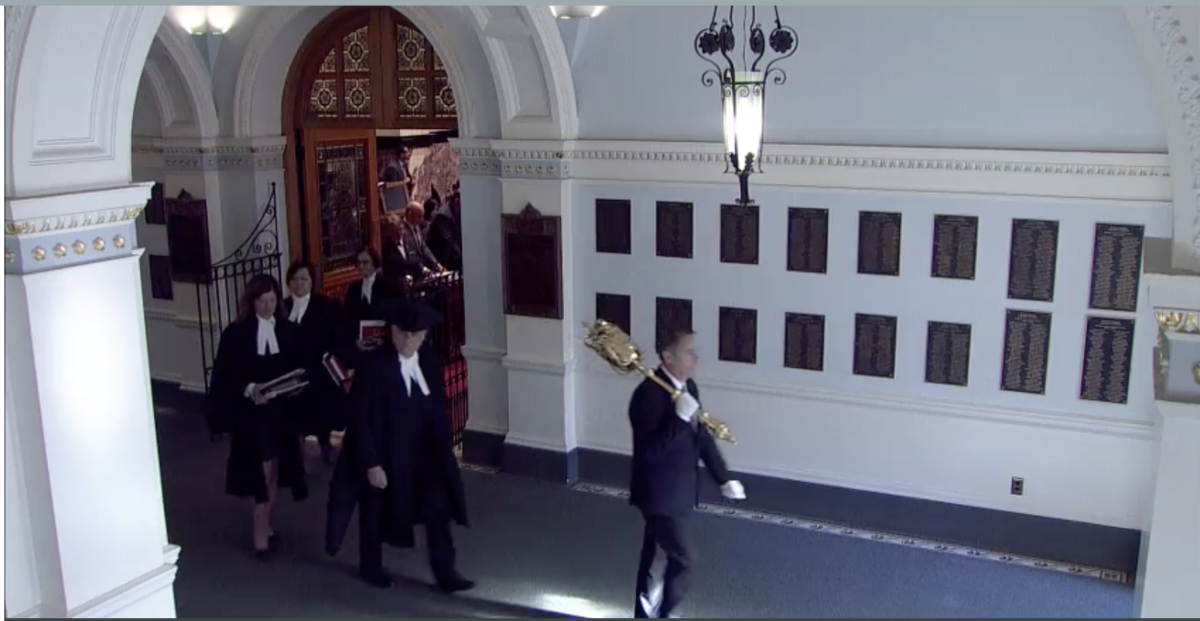Bob Mackin
Why did the BC Liberals attempt a speaker coup on the last day of the spring session of the B.C. Legislature?
Speaker Darryl Plecas moved to secure information in offices in the Legislature on May 29, two days before the retirements of Acting Sergeant-at-Arms Randy Ennis and Security Operations Commander Ron Huck.
Plecas is ultimately in charge of security at the Legislative Assembly and is the superior official in the precinct. It is within the right of an employer to access an employee’s computer; Plecas asked Acting Clerk Kate Ryan-Lloyd and Ennis for their consent to copy their hard drives.
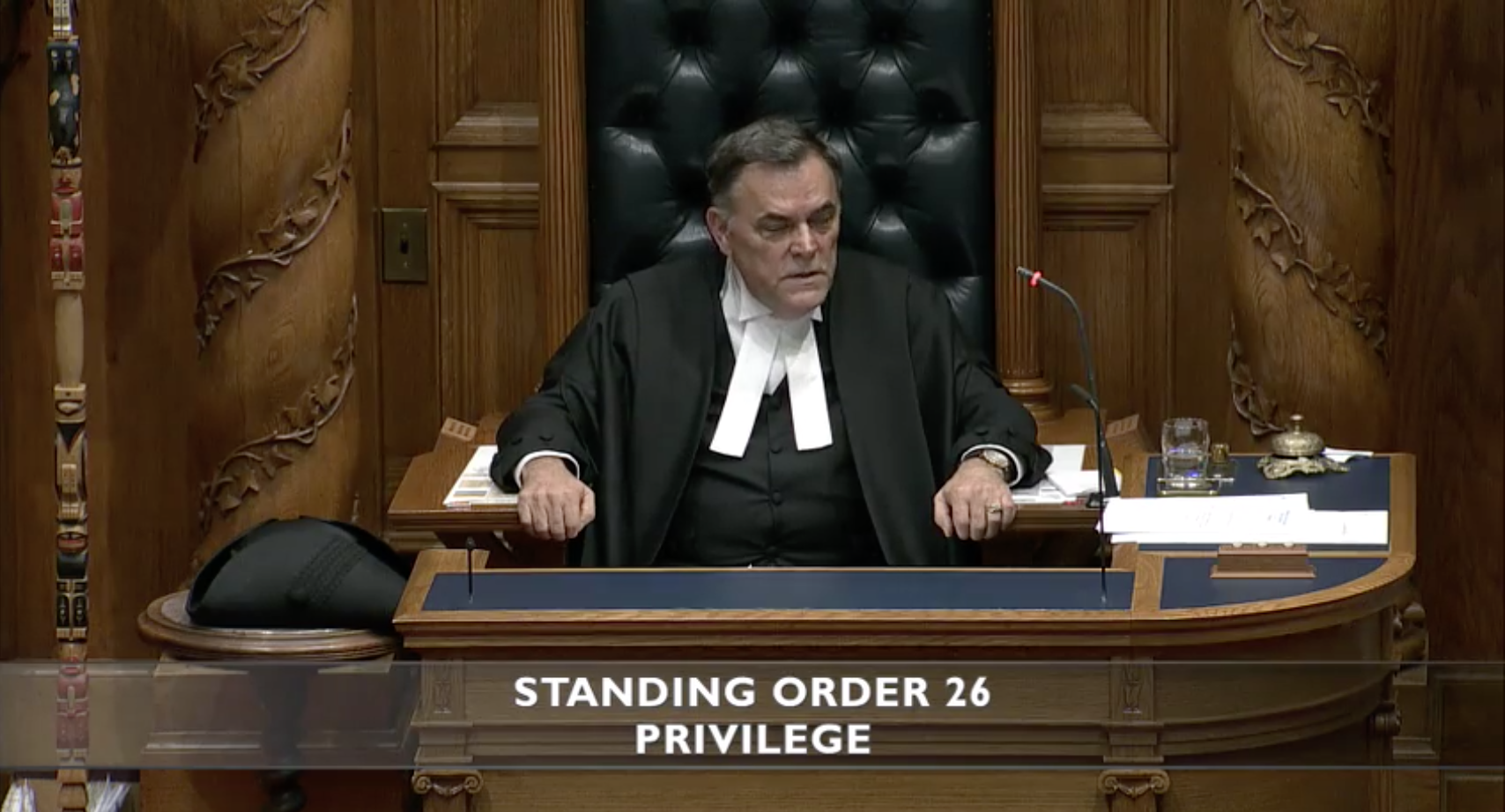
Speaker Darryl Plecas on May 30 (Hansard)
Ennis was deputy sergeant-at-arms to Gary Lenz, when Lenz and clerk Craig James were suspended on Nov. 20.
Why is Plecas concerned about information security?
Plecas’s chief of staff Alan Mullen told theBreaker.news that there have been six separate incidents of evidence going missing from locked safes and offices. Sometimes reappearing. Sometimes not.
Why are Randy Ennis and Ron Huck retiring?
Neither responded for comment on May 30.
They were both described by Horgan in the house as “outstanding people.”
Huck, the security operations commander, was leaving after almost 13 years at the Legislature. Ennis, a former Canadian Forces officer, was at the Legislature when Horgan became an MLA in 2005.
Contrary to the BC Liberal spin, Ennis had made his intention to retire known to the Speaker’s office in early April — about a month before the McLachlin report found Lenz did not commit misconduct.
Does BC Liberal house leader Mary Polak have the confidence of fellow MLAs to remain on the Legislative Assembly Management Committee or in any committee that meets formally or informally behind closed doors?
Polak held a news conference on May 30 to discuss what was said at the May 29 closed-door meeting with Plecas, Green house leader Sonia Furstenau and NDP whip Garry Begg.
Will any MLAs from the NDP and Greens trust her to be present in another closed-door meeting?
Polak produced copies of her handwritten notes, which have not been independently verified. BC Liberal spinners sought to emphasize comments Plecas allegedly made about retired Supreme Court Chief Justice Beverley McLachlin’s $220,000 review, but Polak’s notes mentioned 19 different charge areas, 18 whistleblowers and a potential investigation under the Police Act.
Who was this staffer that slept overnight at the Legislature?
This was not a non-partisan staffer, but a paranoid party worker: BC Liberal chief of staff Spencer Sproule.
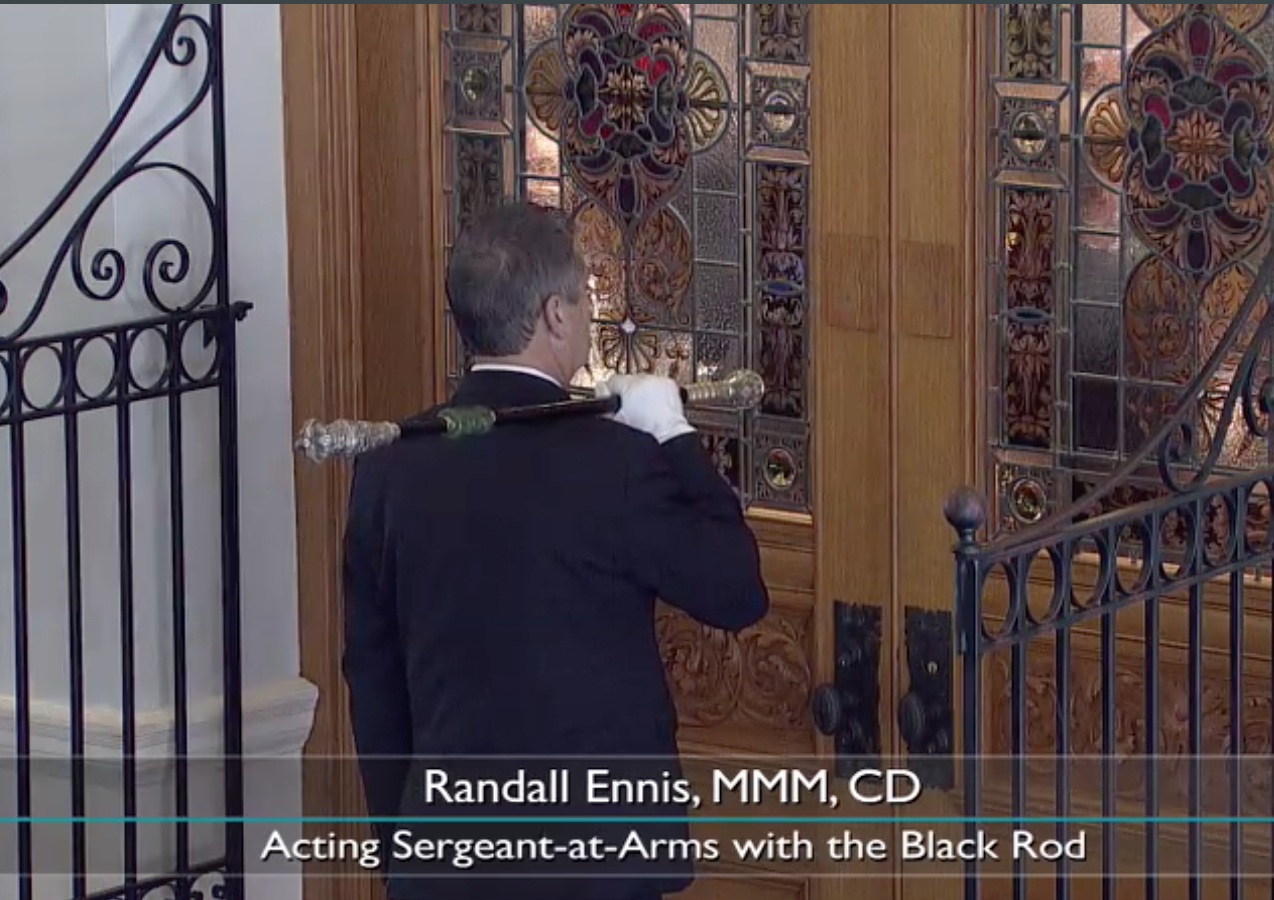
Randy Ennis signalling the arrival of L-G Austin (Hansard)
How serious did the NDP take the offer from the BC Liberals to put one of its MLAs forward, and reduce its voting power from 42 to 41?
A meeting was held between Wilkinson and Government House Leader Mike Farnworth, who is also the solicitor-general. The BC Liberals were hoping to entice the NDP into accepting a new, BC Liberal speaker. One less BC Liberal on the opposition benches would have reduced the NDP’s reliance on the three-member Green caucus. If they agreed, the NDP would have jeopardized the supply and confidence agreement that John Horgan signed with Andrew Weaver two years ago.
Shortly after that meeting, Horgan reaffirmed confidence in Plecas.
“We had a Liberal Speaker [Steve Thomson] when this Parliament began and he chose to resign. Then another Liberal stood up and is now the Speaker,” Horgan said in his session-ending news conference. “I think there is a challenge in this building for sure, but I think the bulk of the challenges are in the Liberal caucus. They’ve had a difficult time finding relevance after a long period of time in government, and I appreciate they have concerns about the legislative assembly, but those are better handled by LAMC.”
While the BC Liberals think the Legislature chaired by Plecas is dysfunctional, Horgan disagreed.
“We’ve passed budgets, we’ve passed legislation, we have daily [Question Period]; the Legislature has been functioning. We have the wood splitter to go down in infamy as part of BC lore, and that would not have happened had it not been for Speaker Plecas’s curiosity.”
Where were BC Liberal MLAs Stephanie Cadieux, Marvin Hunt, Linda Larson and John Martin after 5 p.m.?
Four BC Liberals were not there to read the anti-Plecas script.
Boundary-Similkameen MLA Linda Larson told theBreaker.news that she had a 4 p.m. flight and left the Legislature before the statement had been decided. She plans to print and sign a witnessed copy of the statement to show solidarity with her caucus mates.
One-by-one, 37 of the other 38 BC Liberals in the Legislature, beginning with Mike de Jong, read the statement below to denounce Plecas. Even Assistant Deputy Speaker Joan Isaacs parroted the lines, while in her robes. Could the blatantly partisan gesture by Isaacs against Plecas have spelled the end of her tenure as the third-stringer?
I rise pursuant to a Standing Order 26.
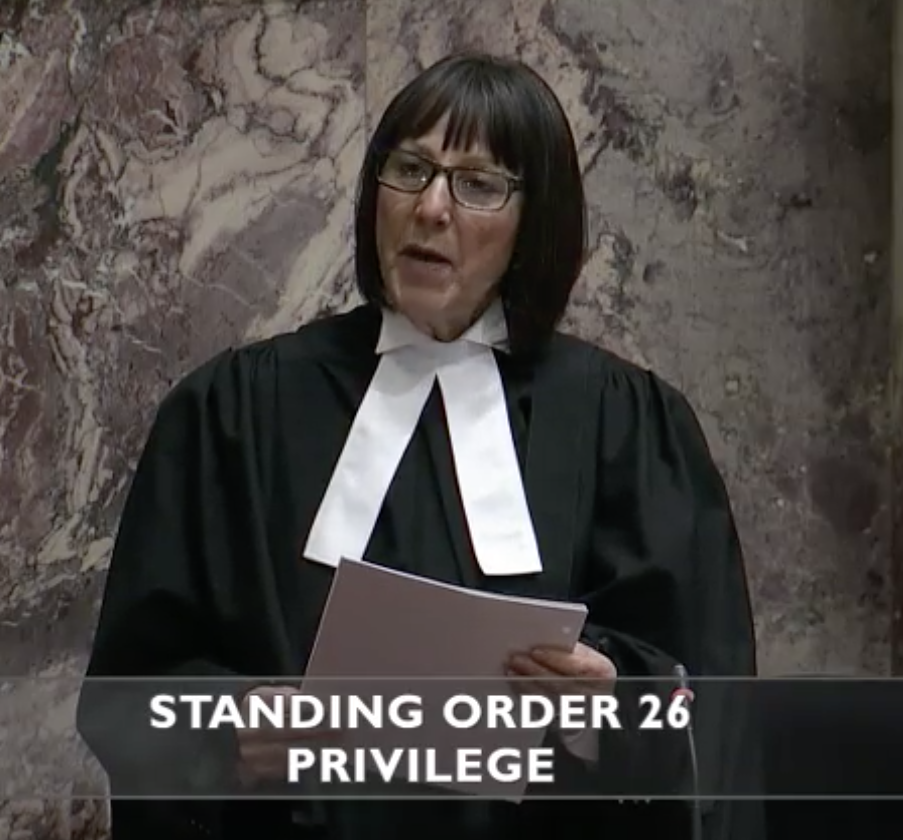
Rookie MLA and assistant deputy speaker Joan Isaacs drew NDP jeers for defying Plecas (Hansard)
Regrettably, I have become aware of behaviour and conduct undertaken by the Speaker with respect to senior officers and employees of this Legislative Assembly that I believe to be improper and compromises the ability of those officers to independently perform their duties.
I have further become aware of activities undertaken by the Speaker, including the seizure of records, including electronic records, that I believe constitute improper conduct with respect to my rights as a member of this assembly and impede my personal freedoms as a member of this assembly.
Insofar as the Speaker serves as the presiding officer of this assembly, I wish to disassociate myself for all purposes, including any subsequent litigation from these actions, which I believe constitute a breach of the individual and collective privileges of this House and a contempt for this House.
Why did Dan Ashton flip the script?
The Penticton MLA was the only BC Liberal to deviate from the script. And the only BC Liberal to send a message to his own leader while doing so.
This is what Ashton said:
I rise on a point of privilege. I would just like to say that my Dad brought me up to ensure that the best pillow is always a clean conscience. He always told me to treat everybody else how you like to be treated. I would like to say, honourable Speaker, to yourself, to the government — including the opposition, including the Leader of the Opposition, the leader of the government and the Leader of the Third Party — that there’s a pallor hanging over this House, the House of the people. It has to be addressed. It has to be addressed now. We’re leaving this place, the House of the people. We’re leaving it until October. This will continue to haunt us. It will not only haunt us during the time that we’re away, but it is going to haunt us for our tenure. We have all been elected here. We’ve all been elected here to represent the people at home. I beg of you, honourable Speaker, to the Premier and to the members of the government, to the Leader of the Opposition and to the Leader of the Third Party, let’s put our collective heads together and resolve the issues so that we can continue to govern the way that we have been elected to do by the people that we represent.
Is a caucus revolt brewing for Andrew Wilkinson?
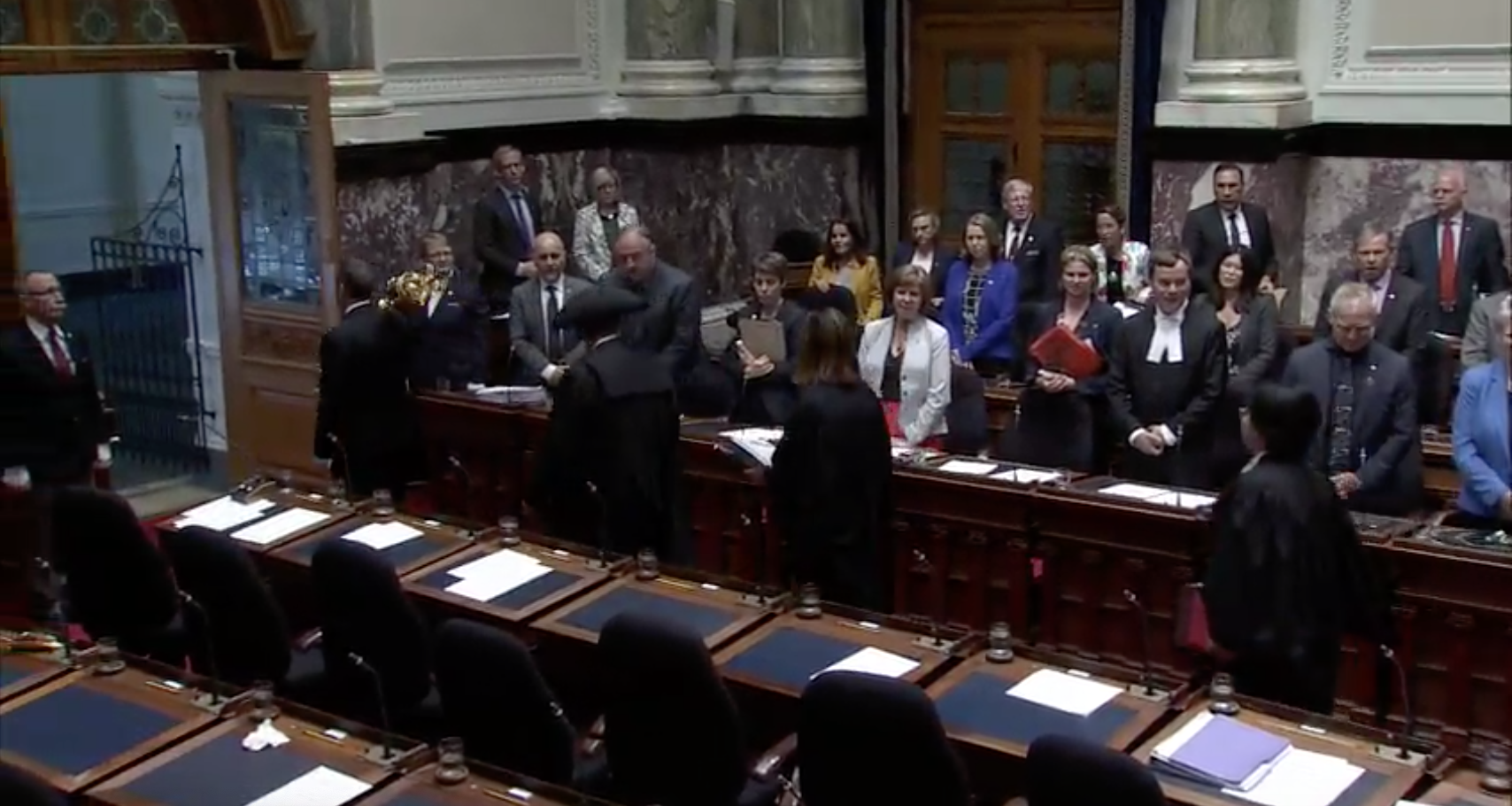
BC Liberals got an early start on summer, when they vacated their seats in protest before the end of the spring session (Hansard)
Four BC Liberals were absent and a fifth refused to read what was put in front of him. Wilkinson does not enjoy unanimity and the latest opinion poll, by ResearchCo, found that his approval rating and the party’s popularity continue to lag behind Horgan and the NDP two years after the Greens opted to support an NDP minority government.
Why did the BC Liberals leave the house?
At 5:33 p.m., after Shuswap MLA Greg Kyllo read the script, Plecas said the repeated comments did not comply with Legislature rules and attempted to give Finance Minister Carole James the floor. False Creek’s Sam Sullivan was next to parrot the script, however.
Plecas then recognized James, who tabled the third reading of Bill 34. That prompted the BC Liberals to noisily pack-up and go. Plecas let the remainder of the BC Liberal caucus read the script, but no vote was called.
By the time Lt. Gov. Janet Austin arrived to give Royal Assent to the remaining bills, only leader Andrew Wilkinson remained in the BC Liberal benches.
The BC Liberals’ attempted coup, which would have jeopardized ongoing investigations into corruption at the Legislature, failed. The Legislature adjourned for the summer with Plecas in the throne.
If James, Lenz or even a member of the BC Liberal Party is charged, will the BC Liberals withdraw the script and related comments when the Legislature reconvenes in October?
Wait and see.
Support theBreaker.news for as low as $2 a month on Patreon. Find out how. Click here.
Bob Mackin
Why did the BC Liberals attempt








